
(SOURCE: CNN)
Throngs of mourners gathered in Mecca early Friday just hours after Saudi Arabia's King Abdullah bin Abdulaziz al Saud died. He was 90.
Prince Salman bin Abdulaziz was appointed as the new king, state television reported.
Services will be held Friday afternoon at the Imam Turki Bin Abdullah Grand Mosque in Riyadh, and many world leaders are likely to pay their respects.
Jordan's King Abdullah cut short his visit to Davos, and is heading to Riyadh, according to a Jordanian government source.
"King Abdullah's life spanned from before the birth of modern Saudi Arabia through its emergence as a critical force within the global economy and a leader among Arab and Islamic nations," U.S. President Barack Obama said in a statement.
A cautious reformer
King Abdullah became king of the oil-rich nation
, a key U.S. ally in the Middle East, in August 2005. But he had been running Saudi Arabia since 1996, after his half-brother King Fahd's stroke.
In the context of the kingdom's conservative circles, Abdullah was seen as reformer and often came up against the more hard-line clerics.
Since ascending to the throne, Abdullah took steps toward broader freedoms and invested some of the country's vast oil wealth in large-scale education and infrastructure projects.
"He was really quite (an) extraordinary figure. He was probably the most progressive and liberal minded king of Saudi Arabia since King Faisal, which is a long time ago, in the early 1970s," CNN's Fareed Zakaria said about Abdullah, who he described as "much loved."
"I had the opportunity to meet with him once and what you got a sense of was somebody who really was determined to move his country forward," Zakaria said. "It's a conservative country and a conservative society -- and he kept emphasizing that to me -- but he was very clear in the direction he wanted to go."
However, resistance from conservative factions hindered some of his efforts, leaving many women in particular disappointed by a lack of progress toward greater independence.
What's next?
Under Abdullah's leadership, the country slowly squashed al Qaeda, capturing or killing its leaders in the kingdom, forcing the remnants underground and sidelining radical preachers.
It also took a more prominent role in international affairs.
Last year, it became the lead Arab nation in a U.S.-led coalition to eradicate the ultraradical ISIS group in Iraq and Syria.
Saudi Arabia has 16% of the world's known oil reserves, according to the U.S. Energy Information Administration. The country is widely seen as the leader of OPEC and has a large influence on energy prices and political stability in the Middle East.
"Remember, the last time the price of oil fell like this, the Soviet Union collapsed," said Zakaria. "That said, the successor is a very competent man."
He added: "I don't expect any major shift, but it marks a big change, and we'll have to see what the new king is like."

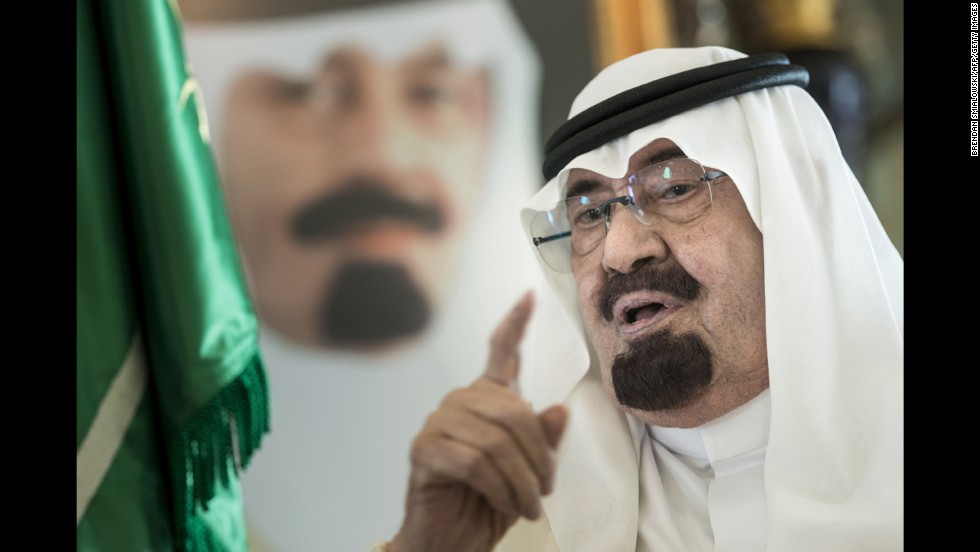
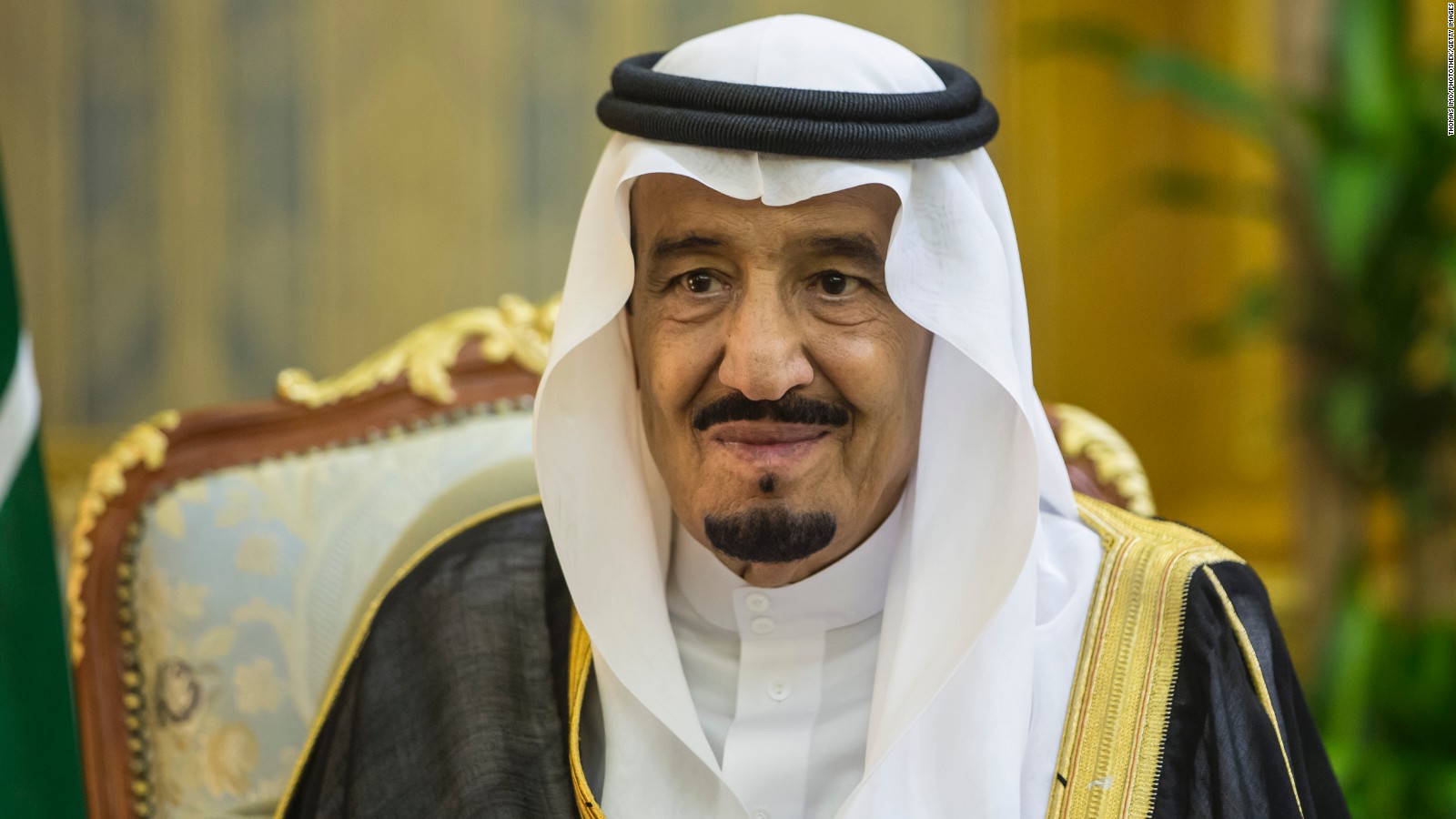
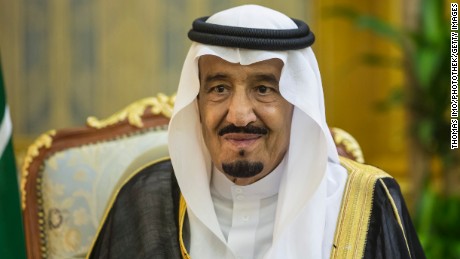
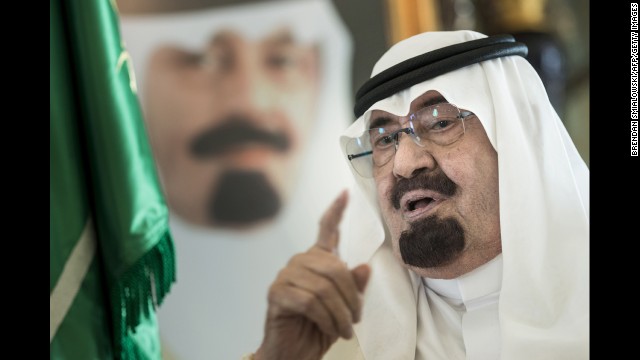
































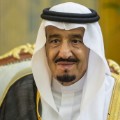
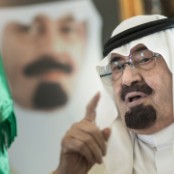
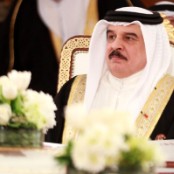
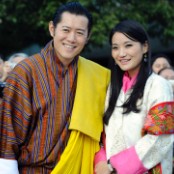
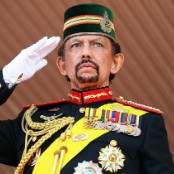
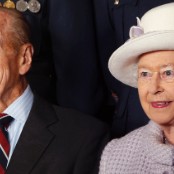
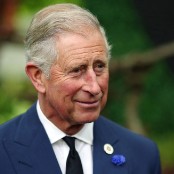
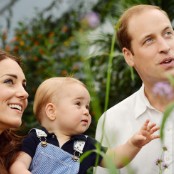
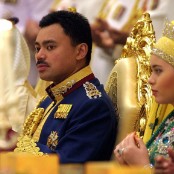
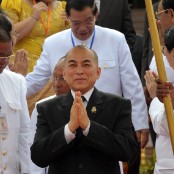
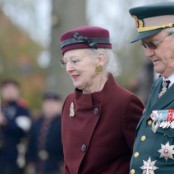
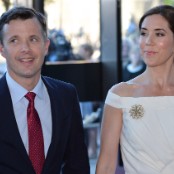
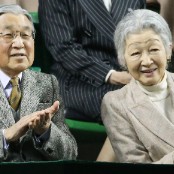
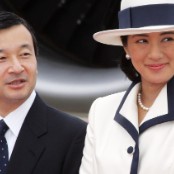
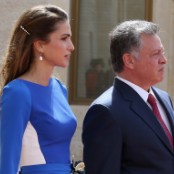
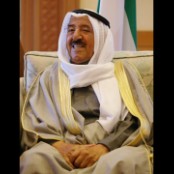
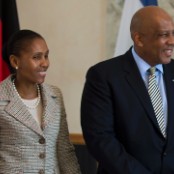
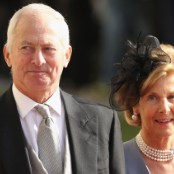
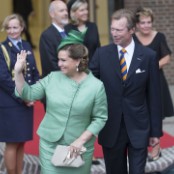

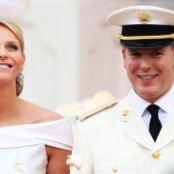
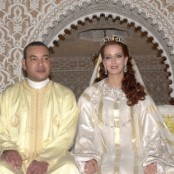
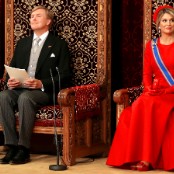
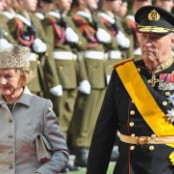
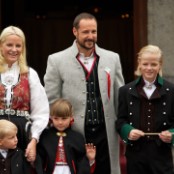
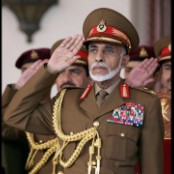
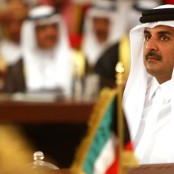
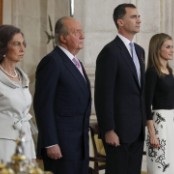
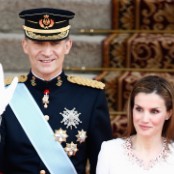
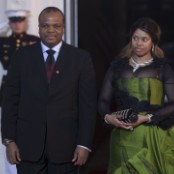
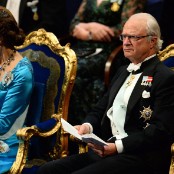

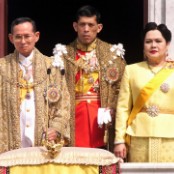
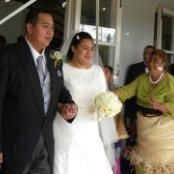





0 comments:
Post a Comment